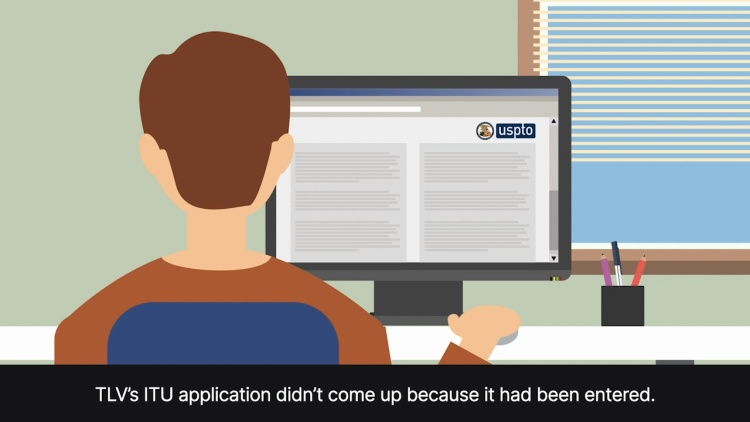WarnerVision Entertainment Inc. v. Empire of Carolina, Inc.
United States Court of Appeals for the Second Circuit
101 F.3d 259 (1996)
- Written by Nicholas Decoster, JD
Facts
In 1994, Thomas Lowe Ventures, Inc. (TLV) filed an intent-to-use (ITU) application for the mark Real Wheels to be used in connection with its toy vehicles at a later date. In the same period, WarnerVision Entertainment Inc. (WarnerVision) (plaintiff) began using the mark Real Wheels in association with its automobile-focused home videos and miniature vehicle models. Another company, Buddy L, began using Real Wheels for its toy vehicles around the same time. WarnerVision filed for trademark registration of the Real Wheels mark in 1995, three days before Buddy L filed its registration. WarnerVision’s registration was granted, and Buddy L attempted to obtain a license from TLV on the basis of the ITU application, which could be completed by using the mark in commerce. Shortly afterward, Buddy L went bankrupt and sold all of its assets to Empire of Carolina, Inc. (Empire) (defendant). Empire then purchased all of TLV’s interests involving the Real Wheels mark, including the ITU application. WarnerVision brought a suit to enjoin Empire from completing the ITU registration and achieving seniority based on the ITU application date. Finding that WarnerVision had established an earlier bona-fide commercial use, the district court granted an injunction against Empire. Empire appealed.
Rule of Law
Issue
Holding and Reasoning (Van Graafeiland, J.)
What to do next…
Here's why 907,000 law students have relied on our case briefs:
- Written by law professors and practitioners, not other law students. 47,100 briefs, keyed to 996 casebooks. Top-notch customer support.
- The right amount of information, includes the facts, issues, rule of law, holding and reasoning, and any concurrences and dissents.
- Access in your classes, works on your mobile and tablet. Massive library of related video lessons and high quality multiple-choice questions.
- Easy to use, uniform format for every case brief. Written in plain English, not in legalese. Our briefs summarize and simplify; they don’t just repeat the court’s language.





